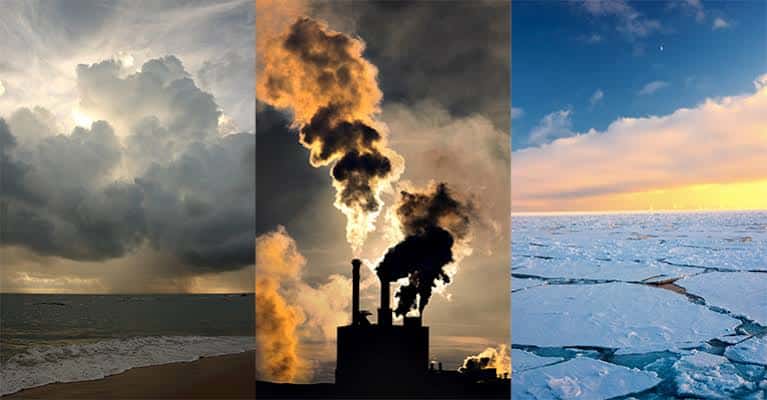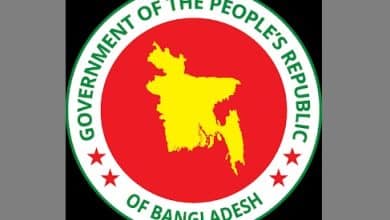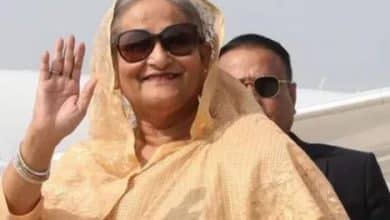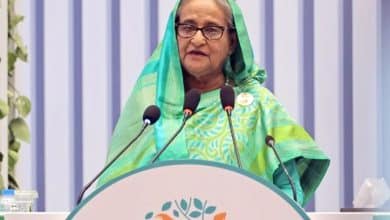Bangladesh-EU partnership in the Climate Crisis

The climate crisis is affecting all parts of the globe. From the unprecedented drought and heatwaves in Europe, China and elsewhere this summer, to the devastating floods in Bangladesh and Pakistan, we are all facing a stark reality.
As a risk multiplier, climate change also makes existing challenges worse.
Bangladesh is on the frontline of climate change, with far-reaching consequences for its growing population. Internal displacement is already happening and it is predicted that up to 19 million people will have to relocate as a consequence of the changing climate in the coming decades.
Though emissions are increasing, Bangladesh has one of the smallest carbon footprints for its population size in the world: it is reaping the consequences of a crisis for which it does not bear the main responsibility.
At a time of global volatility, including uncertainties over fuel supplies caused by the Russian invasion of Ukraine, it is all the more important that the international community comes together to tackle the climate crisis.
COP27, which will take place in Egypt from 6 to 18 November 2022, will be a critical juncture for the planet. It will address several key issues: climate finance, adaptation, loss and damage, mitigation and increased ambition. The EU and its member states are determined to deliver an ambitious result. That ambition is illustrated by the EU’s far-reaching legal, policy and financial action to date.
In 2020, the EU adopted a binding target to reduce greenhouse gas emissions by at least 55 per cent by 2030 as compared to 1990. The European Climate Law enshrines the goal set out in the European Green Deal for Europe to become climate neutral by 2050.
The EU, its member states and the European Investment Bank are together the largest contributor of public climate finance to developing countries, delivering $27 billion in 2020 in fulfilment of the pledge by developed countries to provide $100 billion annually.
Bangladesh has also shown global climate change leadership, including as a strong voice for Least Developed Countries, with one example being its recent chairing of the Climate Vulnerable Forum.
The decision last year to cancel 10 coal-fired power stations sent a powerful signal, as does the commitment to generate 40 per cent of Bangladesh’s energy from renewable sources by 2041.
This goal will need sustained attention to be implemented on time; currently, only 3,91 per cent of produced energy stems from renewables. Bangladesh’s home-grown responses to the climate change crisis – including innovative adaptation solutions – provide examples from which the whole world can draw. The youth of this country are visibly engaged in all dimensions of the climate crisis, from advocacy and grassroots activism to concrete initiatives such as large-scale tree planting.
The EU is a natural partner of Bangladesh in addressing the profound challenges of the climate crisis. Supporting the green transition is one of the EU’s three priorities – alongside human development and governance – for our cooperation programmes in Bangladesh in the period 2021-2027. As Team Europe, we are mobilising several hundred million euro to assist Bangladesh in the switch to renewables.
We are also supporting climate change adaptation initiatives, including through the Local Government Initiative on Climate Change (LoGIC) programme, in alignment with the priority that is being accorded to this by the government as part of its climate change strategy.
Climate change is an evolving crisis that requires short, medium and long-term responses. Immediate crises – such as the Russian aggression in Ukraine, with its terrible human and economic consequences for that country and the wider world – can only serve to exacerbate the hardship that climate change is already inflicting on so many people across the globe.
The EU and its member states are committed to working closely with Bangladesh and its other international partners to address all aspects of the climate crisis, at COP 27 and beyond.
This op-ed is signed by: Charles Whiteley, Ambassador/Head of Delegation of the EU to the People’s Republic of Bangladesh; Winnie Estrup Petersen, Ambassador of Denmark to the People’s Republic of Bangladesh; Guillaume Audren de Kerdrel, Chargé d’Affaires a.i. of France to the People’s Republic of Bangladesh; Achim Tröster, Ambassador of Germany to the People’s Republic of Bangladesh; Enrico Nunziata, Ambassador of Italy to the People’s Republic of Bangladesh; Anne van Leeuwen, Ambassador of the Kingdom of the Netherlands to the People’s Republic of Bangladesh; Francisco de Asís Benítez Salas, Ambassador of Spain to the People’s Republic of Bangladesh and Alexandra Berg von Linde, Ambassador of Sweden to the People’s Republic of Bangladesh.
By :Media release





